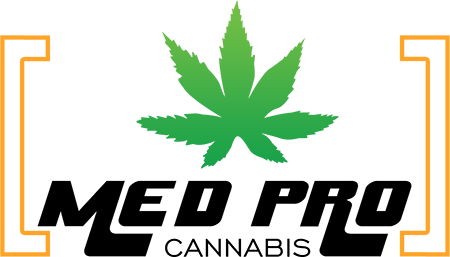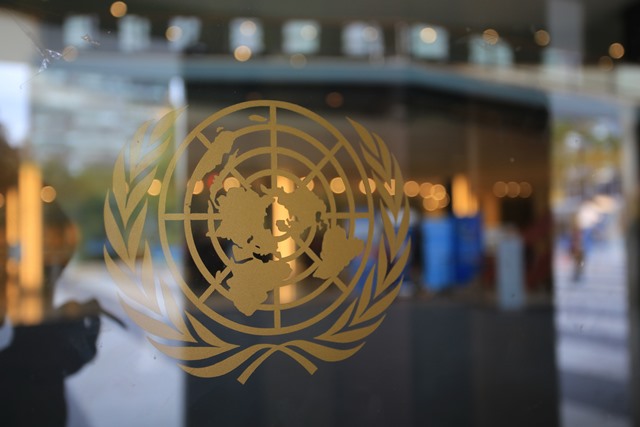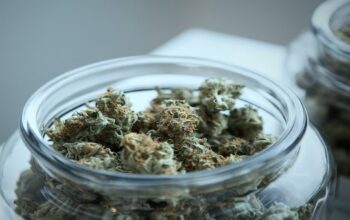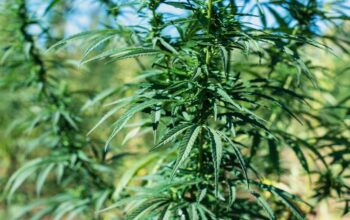Proponents of medical marijuana the world over are hailing a recent decision by the United Nations Commission on Narcotic Drugs (CND) to recognize the legitimacy of medical marijuana and subsequently reschedule the drug according to a World Health Organization (WHO) proposal. But let us not get ahead of ourselves. The UN decision is not everything people are saying it is.
For the purposes of clarification, it must be understood that cannabis has been on the UN’s list of Schedule IV drugs since 1961. Also on that list are drugs like fentanyl and heroin. The CND is now in favor of rescheduling cannabis so that it can be used medically with fewer restrictions.
Not an Endorsement of Medical Marijuana
Medical marijuana proponents, though celebrating the UN decision, are stopping short of saying the decision equals a ringing endorsement by the international body. It is anything but. The CND has officially recognized the medical utility of marijuana in their decision to reschedule the drug. But they are in no way recommending that countries participating in its drug-related treaties go all-in on medical marijuana at this time.
Also of note is the fact that marijuana will not be completely free from treaty control with rescheduling. It is a safe bet that the UN will eventually follow up the rescheduling decision with additional recommendations of how to control the cultivation, dispensation, and use of medical marijuana around the world. In simple terms, do not expect this to be the final word on medical marijuana from the UN or the CND.
Treaties Not Legally Binding
Another important point to note is that UN treaties relating to drug control are not legally binding. Up to this point, UN members were not required to treat marijuana as a Schedule IV drug under any particular treaty. The decision to do so has been completely voluntary. Nothing changes with the recent CND decision.
UN member states that wish to still restrict cannabis as a Schedule IV drug are free to do so. Most probably will not, but the option is always there. On the other hand, there are countries already prepared to jump into the medical marijuana pool now that the UN has decided to reschedule cannabis.
Global Recognition of Medical Use
An impartial analysis suggests that what the UN decision on cannabis really means is an official declaration of the medical utility of cannabis. That official declaration amounts to global recognition of medical marijuana’s legitimacy. Marijuana can be used to treat certain medical conditions just like any other controlled substance. It is simply a matter of how it is grown and dispensed.
Could the UN decision spark federal action here in the U.S.? It is possible. The House of Representatives recently passed a bill completely decriminalizing marijuana at the federal level. The bill is unlikely to see the light of day in the Senate, at least for the remainder of 2020. It could be a different ballgame in 2021 if Georgia’s run-off elections in January flip the Senate from GOP to Democrat control.
In the meantime, medical cannabis users in the U.S. rely on individual state laws for access to medical marijuana. As an example, Utah legalized medical marijuana some 19 months ago. Hundreds of thousands of users now turn to dispensaries like Provo’s Deseret Wellness to get their cannabis products.
The UN’s decision to reschedule cannabis does not mean the world is about to be flooded with medical marijuana dispensaries selling cannabis products without restriction. It does mean that the global organization now recognizes marijuana’s medical utility. For now, that is as far as it goes.



